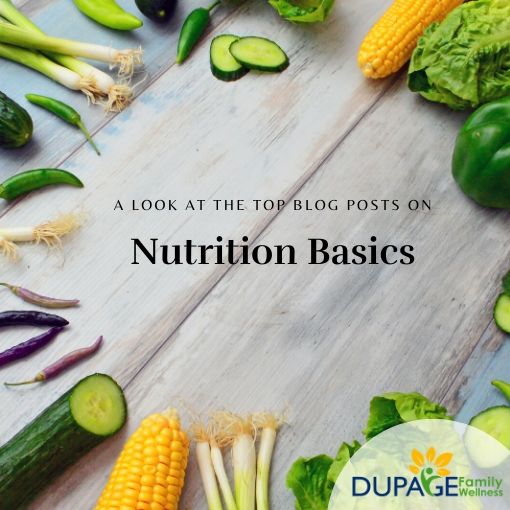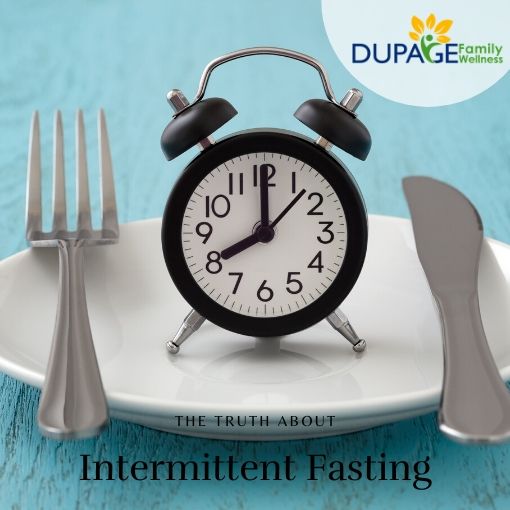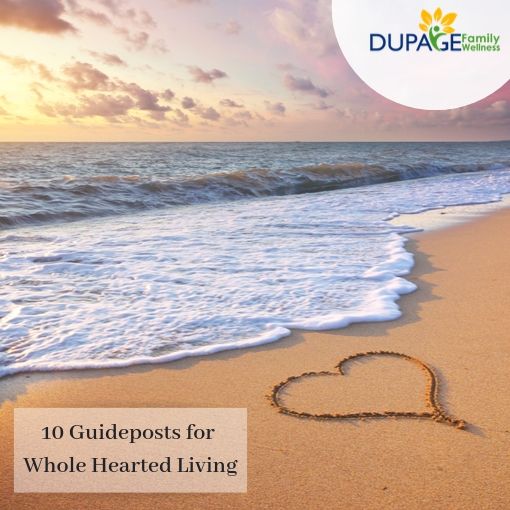 Many people believe that it is the beginning of the dreaded flu season! It is true that there are more cases of the flu diagnosed this time of year, but germs for the flu are around all year. So, if these germs are always around, why do we see an increase in the number of flu cases during the fall and winter months?
Many people believe that it is the beginning of the dreaded flu season! It is true that there are more cases of the flu diagnosed this time of year, but germs for the flu are around all year. So, if these germs are always around, why do we see an increase in the number of flu cases during the fall and winter months?
I really like the way that Dr. Angie Elliot explains this phenomenon in her article “There’s No Such Thing As ‘Flu Season’.”
“Think for a moment about what would happen if you planted a seed in the ground. You covered it with soil, didn’t water it, offer it sun, or supply it with air. Would the seed grow? NO! Why not?
The answer is that the condition of the soil was not ideal for the seed to take root and for the plant to flourish. Now, consider your body equivalent to soil and a virus or bacteria as the seed. If you planted that seed in your body right now, could it grow?
Many people get sick with colds or the flu this time of year because the condition of their body is primed for pathogens to thrive and grow.” - Dr. Angie Elliot
Tis the Season
When you look at it this way, it is easy to see some of the factors that impact our bodies immune system and create an environment where germs can thrive. Some of the things that cause us stress are obvious, while other things are more subtle. Often we are so used to these things that we don’t even realize that they are causing stress on our bodies.
Read more ...
 Fall is upon us, and the holidays will be here before we know it. Approaching the season with a solid nutritional base, will enable us to enjoy the holidays without letting them derail us!
Fall is upon us, and the holidays will be here before we know it. Approaching the season with a solid nutritional base, will enable us to enjoy the holidays without letting them derail us!
Let’s take a look at some of the top nutrition blog articles, and use them as a checkpoint to make sure we are on track.

Quality Protein
Read more ...

“Intermittent fasting (or time-restricted feeding) is a method of limiting the time window you eat each day to a consistent number of hours and a consistent time each day. Between 8-10 hours of (an) eating window is considered optimal in humans, which leaves 14-16 hours for your body to fast. This period allows your organs a break from digesting so they can heal.” -Dr. Satchin Panda
What Is Intermittent Fasting
Intermittent Fasting (IF) is an approach where individuals intentionally limit the time window in which they eat and keep those hours consistent. Done properly research has found many benefits to allowing the body time to rest from digesting food in this way.
Benefits of IF
- Blood Sugar Regulation
- Weight Loss
- Better Sleep
- Reduce Leaky Gut
- More Energy
- Increased Nutrition
- Improvement in Blood Pressure
A Look At The Science
In 2012, a study came out that would expand our knowledge of how our eating patterns affect the body. Until this point most professionals believed that the quality and quantity of food were the main issues surrounding nutrition. This new knowledge would show us that when we eat impacts our health as much as what we eat and how much we eat.
Read more ...
 How Letting Go Helps You Embrace Wholehearted Living
How Letting Go Helps You Embrace Wholehearted Living
The trees are about to show us how lovely it is to let the dead things go.
- Anonymous
Last week we began to explore Brene Brown’s 10 Guideposts to Wholehearted Living with an article focused on the things we need to cultivate to live this way. Today we will focus on things we must let go of to live wholeheartedly.
While releasing these things may feel scary, holding on to them will weigh us down and keep us from living life to the fullest. Take a look at the list and consider if you would benefit from letting some of these things go. It's the perfect time of year to release the things that are holding you back.
What Others Think
Brene Brown recognizes that something is lost when we worry too much about what other people think of us. She encourages us to question, “What’s the greater risk? Letting go of what people think or letting go of how I feel, what I believe, and who I am?” She encourages us to consider whose opinion really matters to us and to write those names on a one inch by one inch piece of paper. The only names that belong on that list “are the people who love you and care about you, not despite your imperfection or vulnerability, but because of it.”
Read more ...

“Wholeheartedness is like a North Star. You can never get there, but you know when you are headed the right way.” - Brene Brown
Brene Brown is a researcher and social worker best known for her work on shame, vulnerability, and living a wholehearted life. She is a compelling storyteller which allows her to communicate deep concepts in an accessible and enjoyable way.
In her book Daring Greatly: How the Courage to Be Vulnerable Transforms the Way We Live, Love, Parent, and Lead she explores 10 guideposts to living wholeheartedly.
Brown says, “wholehearted living is about engaging in our lives from a place of worthiness. It means cultivating the courage, compassion, and connection to wake up in the morning and think - no matter what gets done and how much is left undone, I am enough! It’s going to bed at night thinking; yes, I am imperfect and vulnerable and sometimes afraid, but that doesn’t change the fact that I am also brave and worthy of love and belonging. Wholehearted living is not a one-time choice; it is a process. In fact, I believe it’s the journey of a lifetime.”
Cultivating the Positive
Brown created the 10 Guideposts for Wholehearted Living based on her research of people she describes as living a wholehearted life. Each guidepost has something positive to cultivate as well as something that must be released. As the term guidepost implies, the goal is to be heading in the right direction, not achieving some level of perfection.
Read more ...
 Many people believe that it is the beginning of the dreaded flu season! It is true that there are more cases of the flu diagnosed this time of year, but germs for the flu are around all year. So, if these germs are always around, why do we see an increase in the number of flu cases during the fall and winter months?
Many people believe that it is the beginning of the dreaded flu season! It is true that there are more cases of the flu diagnosed this time of year, but germs for the flu are around all year. So, if these germs are always around, why do we see an increase in the number of flu cases during the fall and winter months?

 Fall is upon us, and the holidays will be here before we know it. Approaching the season with a solid nutritional base, will enable us to enjoy the holidays without letting them derail us!
Fall is upon us, and the holidays will be here before we know it. Approaching the season with a solid nutritional base, will enable us to enjoy the holidays without letting them derail us!

 How Letting Go Helps You Embrace Wholehearted Living
How Letting Go Helps You Embrace Wholehearted Living
